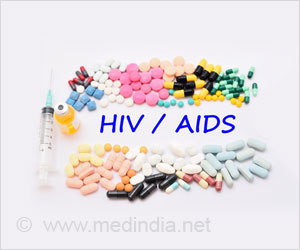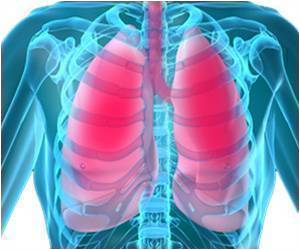One of the largest studies conducted on effects of depression on HIV patients has revealed that depression can severely worsen HIV treatment in patients.
One of the largest studies conducted on effects of depression on HIV patients has revealed that depression can severely worsen HIV treatment in patients.
The study showed that depression played a significant role in discouraging a patient from being loyal to the highly active antiretroviral therapy and clinical measures.However, researchers from the Kaiser Permanente Division of Research and the Group Health Cooperative also found that the effects could be reversed by antidepressant medication.
For the study, researchers recruited 3,359 HIV-infected patients from seven Kaiser Permanente regions nationwide and Group Health in 2000 to 2003, and measured the effects of depression on their treatment.
The research, which was conducted with and without selective serotonin reuptake inhibitors (SSRI) use, measured the loyalty and changes in viral and immunologic control in patients starting a new highly active antiretroviral therapy (HAART) regimen.
The patients’ HAART adherence, viral loads and changes in CD4 T-cell counts over a 12-month period, were studied.
The results of the study showed that about 42 percent of the patient group, who were depressed had a lower loyalty rate and poorer viral therapy response than the non-depressed patients.
Advertisement
“The take-home point of this study is that depression carries a worse prognosis for HAART in HIV patients. However, we also found that SSRIs can reverse this and improve outcomes for HIV-depressed patients,” said Michael A. Horberg, MD, MAS, FACP, Director of HIV/AIDS for Kaiser Permanente and the lead author on the study.
Advertisement
The study has been published in the current online issue of the Journal of Acquired Immune Deficiency Syndromes (JAIDS).
Source-ANI
LIN/M











